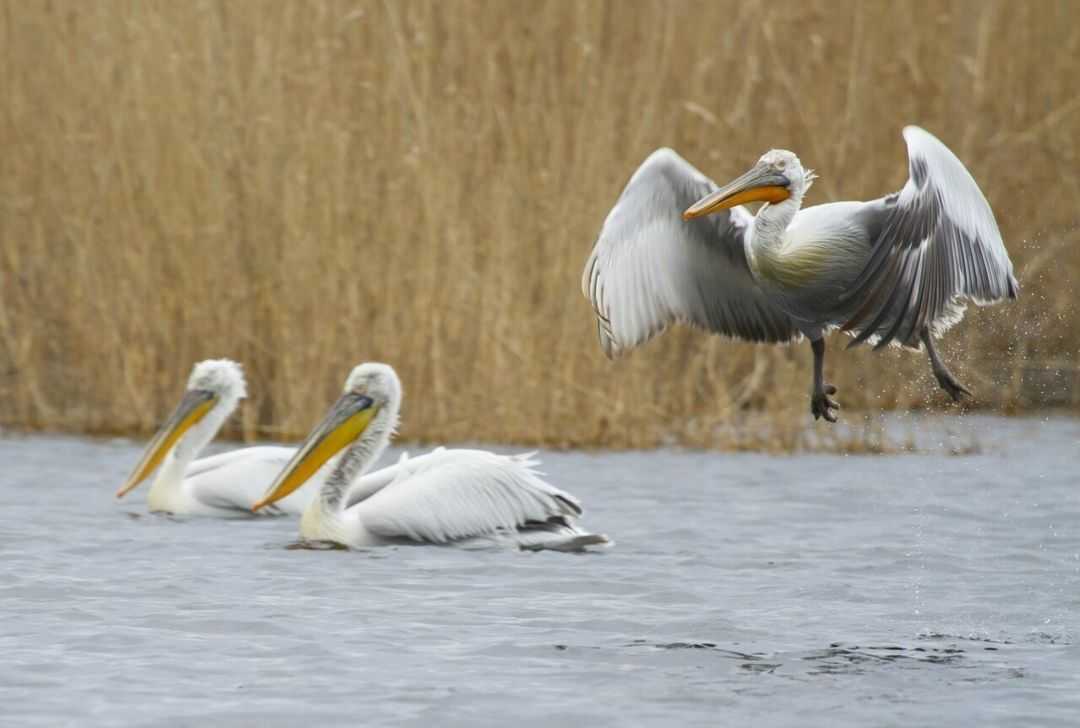
Hundreds of seals listed in Russia’s Red Book of endangered species have been washing up dead on the Caspian coast in the Daghestan in what activists warn could amount to an environmental disaster.
On Wednesday, ecologists found the remains of 125 Caspian seals on the shores near the capital, Makhachkala — a record for a single day. Ecologists and scientists studying the Caspian Sea have said that around 17–30 corpses are washing up per day.
Footage of beaches littered with dead animals released by Viktor Nikiforov of the Moscow Marine Mammals research centre caused anger among many in Daghestan.
The Prosecutor’s Office and the Investigative Committee of Daghestan have announced that they are investigating.
Environmental activists from the Caspian Conservation Centre, a local non-profit, first reported the mass deaths of seals back in December, after 300 dead seals were found.
The Investigative Committee and the Prosecutor’s Office of Daghestan promised at the time to investigate, however, no criminal case was launched.
The cause of the deaths is not yet clear. The Director of the Institute of Ecology and Sustainable Development at the Daghestan State University, Alimurad Hajiyev, said that at least a quarter of the dead animals had no skin and almost all of them had fishing nets over them, which he said was indicative of poaching.
Local media have also connected the issue with pollution of the Caspian. In December, it was reported that sewage from dozens of houses blocks in the city of Kaspiysk was flowing directly into the Caspian Sea. A criminal case for ‘pollution of the marine environment’ was opened and the local administration was asked to eliminate the violations.
According to the International Union for Conservation of Nature, only around 68,000 Caspian seals remain in the wild, down from a historical population exceeding 1 million.







